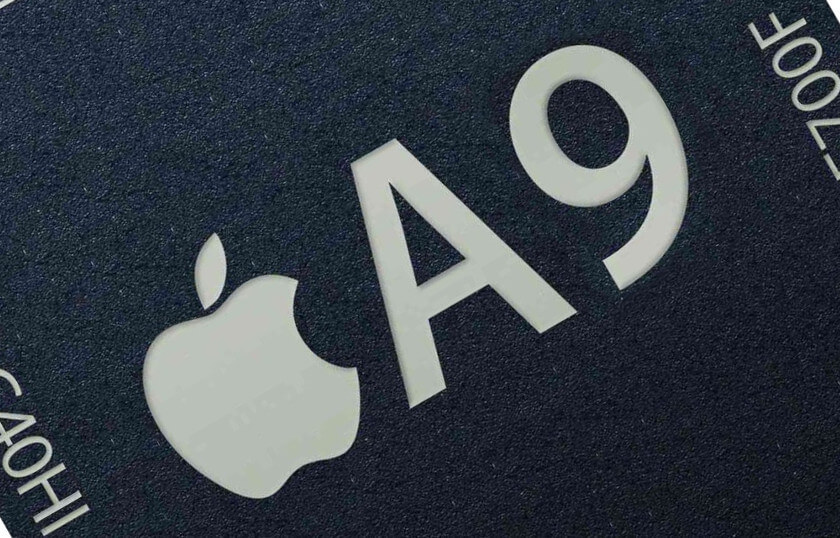UK Chip designer Imagination Technologies has seen its share price fall by nearly 70 percent after Apple said it plans to stop using the firm's graphics technology inside iPhones and iPads within the next "15 to 24 months."
In a statement issued today, Imagination said Apple, which is one of its biggest shareholders, will stop using its products because the Cupertino company is developing its own graphics processing chips.
Apple's licensing agreement with Imagination has been in place since at least 2008. It owns more than 8 percent of the UK firm, and came close to acquiring it last year. A deal never materialized, but several Imagination employees were recruited by the iPhone maker. Imagination gets around half its revenue from Apple, thanks to royalties from its PowerVR graphics architecture found in iOS devices.
While the firm does have licensing deals with other customers, Imagination called Apple's contract "essential" in its latest annual report. Apple paid about £60.7 million (around $75.88 million) in royalties to Imagination last year, and it is forecast to pay about £65 million ($81.26 million) for the current financial year, according to the BBC.
Ending the agreement may not be a smooth process for Apple. Imagination writes that the firm's plans to develop in-house chips could see it infringe on the UK company's intellectual property rights.
Apple has not presented any evidence to substantiate its assertion that it will no longer require Imagination's technology, without violating Imagination's patents, intellectual property and confidential information. This evidence has been requested by Imagination but Apple has declined to provide it.
Further, Imagination believes that it would be extremely challenging to design a brand new GPU architecture from basics without infringing its intellectual property rights, accordingly Imagination does not accept Apple's assertions.
Imagination did note that it is looking at "potential alternative commercial arrangements" with Apple, though the news still wiped around £515 million ($643 million) off the value of the company.
